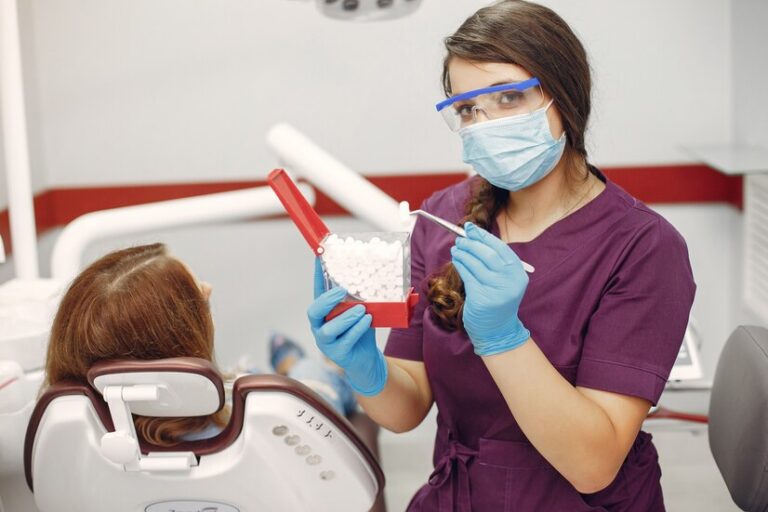Crucial Skills to Develop During Clerkship for a Medical Career Edge
Embarking on the journey of a medical career is a monumental task. Beyond the rigors of medical school lies the pivotal phase of clerkship, a period where theoretical knowledge meets the real-world challenges of patient care. Clerkship serves as a crucible, refining the skills necessary for success in clinical practice. To thrive in this demanding environment and gain a competitive edge in the medical field, aspiring physicians must prioritize the development of specific skills.
Clinical Reasoning and Problem-Solving
At the heart of medical practice lies the ability to analyze complex clinical scenarios and formulate effective management plans. Clerkship medical school provides the ideal platform to hone these critical thinking skills. By actively engaging in patient care under the guidance of experienced clinicians, medical students learn to integrate knowledge from various disciplines, interpret diagnostic tests, and navigate uncertainty in decision-making. Throughout clerkship medical school, students are challenged to apply their clinical reasoning skills in real-world settings, gaining invaluable experience in problem-solving within the context of patient care.
Effective Communication
Effective communication is the cornerstone of patient-centered care. During the clerkship, mastering the art of communication is imperative for building rapport with patients, eliciting comprehensive medical histories, and conveying complex medical information in a clear and empathetic manner. Beyond patient interactions, effective communication extends to interdisciplinary collaboration, ensuring seamless coordination among healthcare team members. By refining communication skills during clerkship, medical students lay the groundwork for fostering therapeutic relationships and delivering optimal patient outcomes throughout their careers.
Professionalism and Ethical Integrity
Integrity and professionalism are non-negotiable qualities expected of healthcare professionals. Clerkship provides a firsthand glimpse into the ethical dilemmas and moral complexities inherent in clinical practice. By upholding ethical principles and demonstrating professionalism in their interactions with patients, colleagues, and staff, medical students earn the trust and respect essential for success in the medical profession. Embracing a culture of integrity not only safeguards patient welfare but also fosters a reputation of trustworthiness that defines a physician’s career trajectory.
Time Management and Prioritization
In the fast-paced environment of healthcare, efficient time management is paramount. Clerkship exposes medical students to the demands of juggling multiple clinical responsibilities while ensuring timely and quality patient care. Learning to prioritize tasks, delegate effectively, and adapt to shifting priorities are invaluable skills honed during this phase. By mastering the art of time management, aspiring physicians lay the groundwork for thriving in the demanding schedules of residency and beyond, ultimately optimizing productivity and patient care outcomes.
Lifelong Learning and Adaptability
Medicine is a dynamic field characterized by continuous advancements and evolving best practices. Clerkship serves as a catalyst for instilling a commitment to lifelong learning and adaptability. By embracing opportunities for self-directed learning, staying abreast of current research, and soliciting feedback from mentors, medical students cultivate a growth mindset essential for professional growth and innovation. Nurturing a spirit of curiosity and adaptability not only enriches the clerkship experience but also prepares future physicians to navigate the complexities of an ever-evolving healthcare landscape.
Cultural Competence and Diversity Awareness
In an increasingly diverse society, cultural competence is essential for delivering equitable and patient-centered care. Clerkship provides a rich tapestry of patient encounters spanning various cultural backgrounds, socioeconomic statuses, and belief systems. By actively engaging with patients from diverse populations, medical students gain invaluable insights into the impact of cultural factors on healthcare outcomes. Developing cultural humility, fostering empathy, and embracing diversity not only enhance the quality of patient care but also contribute to reducing health disparities and promoting health equity.
Resilience and Self-Care
The practice of medicine can be emotionally and physically taxing, necessitating resilience and self-care. Clerkship exposes medical students to the realities of stress, burnout, and compassion fatigue inherent in healthcare professions. Prioritizing self-care strategies, seeking support from mentors and peers, and cultivating resilience in the face of adversity are essential for maintaining personal well-being and professional fulfillment. By investing in their own health and wellness during clerkship, future physicians lay the foundation for sustainable careers characterized by compassion, empathy, and longevity.
Conclusion
In conclusion, clerkship serves as a transformative phase in the journey of medical education, offering unparalleled opportunities for skill development and personal growth. By prioritizing the cultivation of clinical reasoning, effective communication, professionalism, time management, lifelong learning, cultural competence, and resilience, aspiring physicians can gain a competitive edge in their medical careers. As they navigate the challenges and triumphs of clerkship, medical students emerge not only as competent clinicians but also as compassionate healers poised to make meaningful contributions to the field of medicine.







